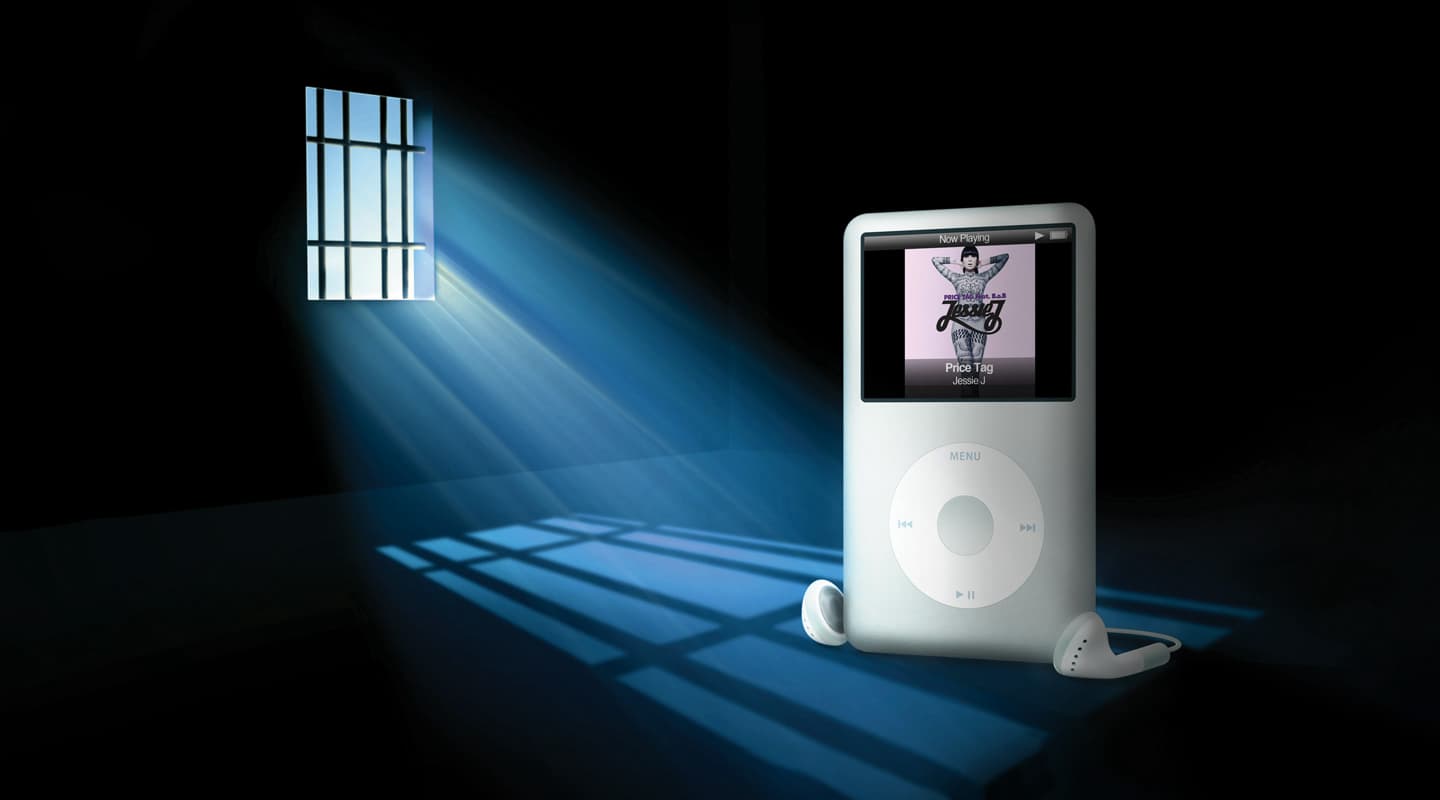
A Question of Royalties
The AV guide to copyright and music reproduction.
Text:/ Jen Temm
We all know – or should by now – that you need licences to play music, videos and broadcasts in a business, shop, at an event, or any other non-domestic setting. This applies to live performances, recordings, broadcasts and even the hold music on a phone system, in pretty much any commercial context.
Even free performances with small audiences are regarded as public performances, according to the Australian Copyright Council. Courts have held that the screening of an information video to 11 bank employees outside business hours was a public performance of the music on the video, as was the music played by an orchestra to members of a social club even though no admission was charged. Music at events such as weddings and birthday celebrations, however, are considered private, even if they occur in commercial venues.
What’s not so clear is who is responsible for obtaining the licences and which ones you need, with different collecting societies offering numerous categories of licensing with overlapping authority.
Basically if you are the owner or operator of a venue, event or retail outlet running background music or video, it’s your responsibility to ensure you have paid for the right to do so. If you’re in a band performing a show, you need to make sure either you or whoever organised the performance has the right licences. If you’re installing or operating an audio or AV system in a public space, you are probably not liable for the use of that system but the law can be complex: you can infringe copyright by authorising unlicensed material, according to the Phonographic Performance Company of Australia (PPCA).
“Authorisation is where you direct or sanction the use of infringing material,” says PPCA general manager Lynne Small. “Our recommendation would be to check with the venue and make sure they have the correct licences in place.”
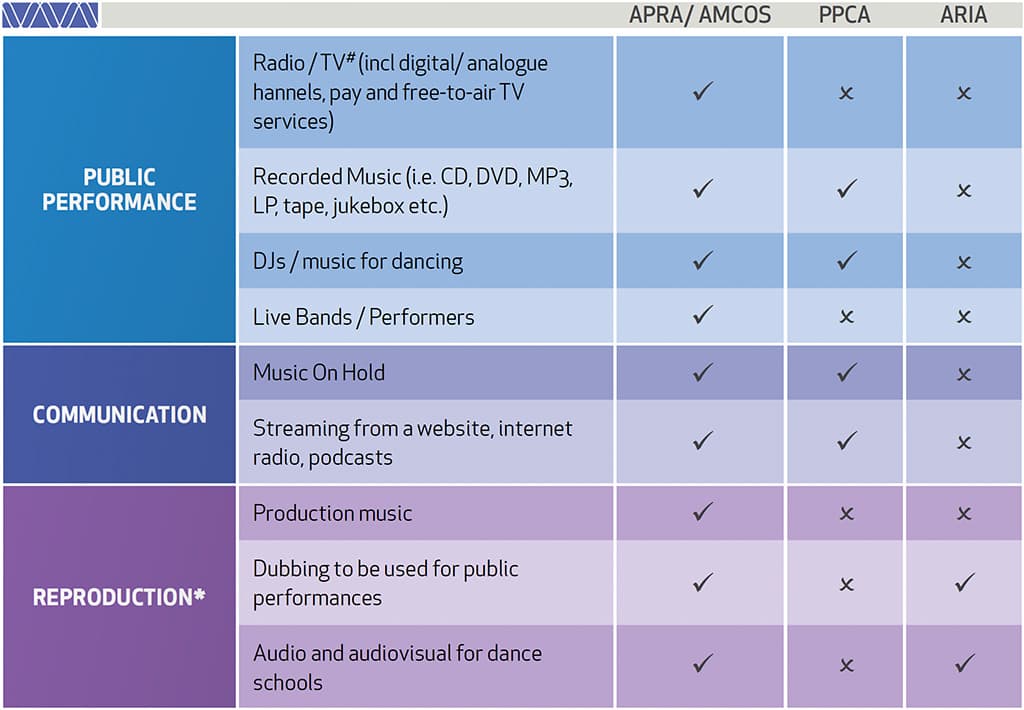
COPYRIGHT OR WRONG?
And it gets even murkier after that. There are at least two copyrights in most music recordings and videos:
The copyright in the song, or the musical works and lyrics – licences from the Australasian Performing Rights Association (APRA) and the Australasian Mechanical Copyright Owners Society (AMCOS).
The copyright in the recordings – licences from the PPCA, or directly from the individual record labels.
Additionally, if you’re making copies of recordings, for example for use in a retail store, you’ll need to obtain a licence from either PPCA, which offers a blanket licence for up to 250 copies, or from the Australian Recording Industry Association (ARIA) for greater quantities. Note also these reproduction licences aren’t exclusive, and businesses can and do negotiate directly with record labels for these licences as well.
Permission to use films, DVDs and videos operate separately from music licensing authorities but Roadshow Films has a division that offers public performance licensing on behalf of the major film studios – although permission to use clips may need to be negotiated directly, and you’ll need separate licences for the music and sound recordings in the film from APRA/AMCOS and PPCA.
Licence fee structures are determined by how the music is used, and the scale of the use. So, for instance, an annual school fete might need licences from APRA/AMCOS and PPCA to play background music at a cost of around $110, while a nightclub might need to pay well over $100,000 per year for multiple licences that cover different activities on different nights and could be calculated according to the type of activity, the cost of live performers, the size of the premises and the number of patrons.
While there are no statistics on licensing compliance available, the collecting societies agree that most businesses are aware of their licensing responsibilities and comply with requirements. APRA/AMCOS says it has 107,000 businesses licensed to use music, and issued nearly 5000 one-off event licences last year. But not all do, and the consequences can be dire with penalties ranging from injunctions, damages and court costs, to fines of up to $302,500 and five years imprisonment for corporations, for each infringement [see box].
It’s worth noting that currently, new online streaming music services such as Spotify may only be licensed for personal use and not for public performance reproduction. While this is under dispute from the collecting agencies, the official line to AV from Spotify is that its “agreements with publishers, aggregators and labels, including APRA/AMCOS, license Spotify the use of their content only for the individual customer’s private and domestic use. We currently do not have the licences in place for any commercial exploitation of the content on the service”. So if you’re playing streaming music in your venue or shop, you should probably stop and check with your service provider.
LICENCE TO PAY
Fines, damages, interest and court costs can add up quickly, as you can see from this range of judgements in the Federal Magistrates Court where venues and retail outlets have breached public performance copyrights.
PPCA v Evermore Entertainment
T/A Nevermind Nightclub, Sydney
Federal Circuit Court, April 2013
Sound recordings played in public without licence
Damages $57,122
Fine $200,000
Interest $4754
Court costs $8200
PPCA v The Martini Lounge & Nightclub
T/A The Martini Lounge, Carlton
Federal Magistrates Court, January 2013
Sound recordings played in public without licence
Damages $15,212
Fine $138,137
Interest $2250
Court costs $8200
PPCA v Advanced Body & Beauty Care
T/A Advanced Body & Beauty Care, Leichhardt and Parramatta
Federal Magistrates Court, June 2012
Sound recordings played in public without licence
Damages $542
Fine $50,000
Court costs $8200
PPCA v Camilleri
T/A X on Albert, Sebastopol
Federal Magistrates Court, February 2012
Music played from jukebox without licence
Fine $30,000
Court costs $8200
PPCA v Jabouri Brothers
T/A Voodoo Clothing chain, NSW
Federal Magistrates Court, October 2011
Sound recordings played in public without licence
Damages $1844
Fine $30,000
Court costs $8200
WHO’S WHO
The Australasian Performing Rights Association (APRA) administers the public performance rights of more than 73,000 composer, songwriter and music publisher members in Australia and New Zealand. Public performances music include music used in pubs, clubs, fitness centres, shops, cinemas and festivals, where performed live, via recordings, or played on radio or television. Communication of music also includes music used for music-on-hold, accessed over the internet or used by broadcasters.
The Australasian Mechanical Copyright Owners Society (AMCOS) collects and distributes royalties for the reproduction of its nearly 11,000 members’ musical works for purposes including the manufacture of CDs, music videos and DVDs, digital downloads and the same of mobile phone ringtones, the use of production music and the making of radio and television programmes. AMCOS’s day-to-day operations are managed by APRA.
The Phonographic Performance Company of Australia (PPCA) grants licences for the broadcast, communication or public playing of recorded music (eg. CDs, records and digital downloads) or music videos. The fees are then distributed to the record labels and Australian recording artists.
The Australian Recording Industry Association (ARIA) represents more than 100 members. It is able to grant blanket licences for the reproduction of sound recordings in certain circumstances, such as licences for background music suppliers in Australia who need to make copies of music recordings to supply to commercial premises.
Music Rights Australia represents more than 70,000 songwriters and music publishers through their association with AMCOS and more than 125 record labels through ARIA. Originally an anti-piracy unit, its main function now is to protect the copyright interests of artists in the Australian music community through education and advocacy, and government lobbying. The organisation also has a Report Piracy function on their website to report copyright breaches.
Roadshow Public Performance Licensing is Australasia’s largest non-theatrical film distributor and offers licences to screen films in schools, churches, hotels, clubs, restaurants and outdoor events and more. It represents most major studios and independent distributors including Fox, Warner Bros, Icon, Palace Films, Paramount, Pinnacle, Roadshow, MGM, Studiocanal, Disney, Hopscotch, Sony, Universal, Madman, and Umbrella Entertainment.
The Australian Copyright Council represents the peak bodies for professional artists and content creators working in Australia’s creative industries, and the major copyright collecting societies. It provides information, legal advice, education and forums on Australian copyright law for creators and consumers.
The Copyright Tribunal of Australia is administered by the Federal Court of Australia, and acts as an independent arbiter in setting and reviewing copyright licence fees and resolving disputes.
MORE INFORMATION
APRA/AMCOS: (02) 9935 7900 or www.apra-amcos.com.au
PPCA: (02) 8569 1100 or www.ppca.com.au
ARIA: (02) 8569 1144 or www.aria.com.au
Music Rights Australia: (02) 8569 1177 or www.musicrights.com.au
Roadshow Public Performance Licensing: (02) 9552 8685 or www.roadshowppl.com.au
Australian Copyright Council: (02) 8815 977 or www.copyright.org.au
Copyright Tribunal of Australia: (02) 9230 8567 or www.copyrighttribunal.gov.au


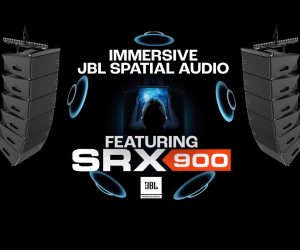
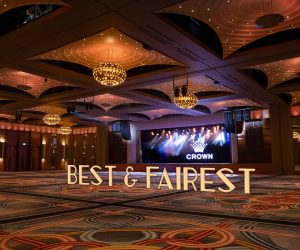



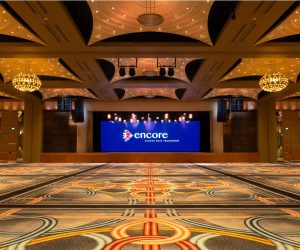
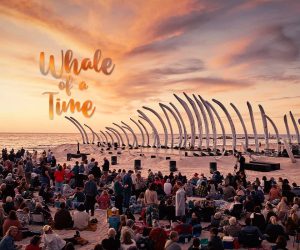

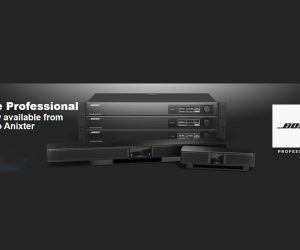

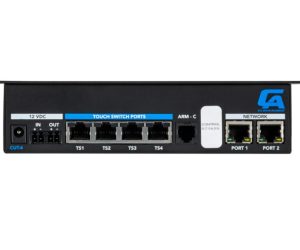
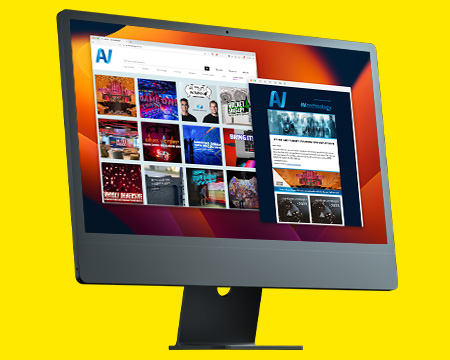
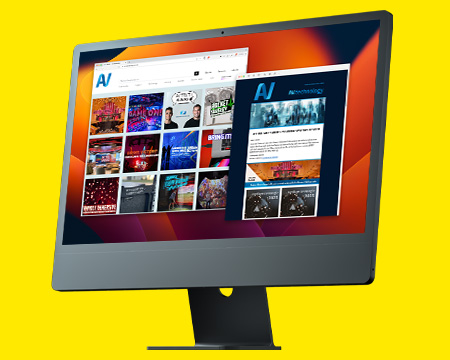
RESPONSES